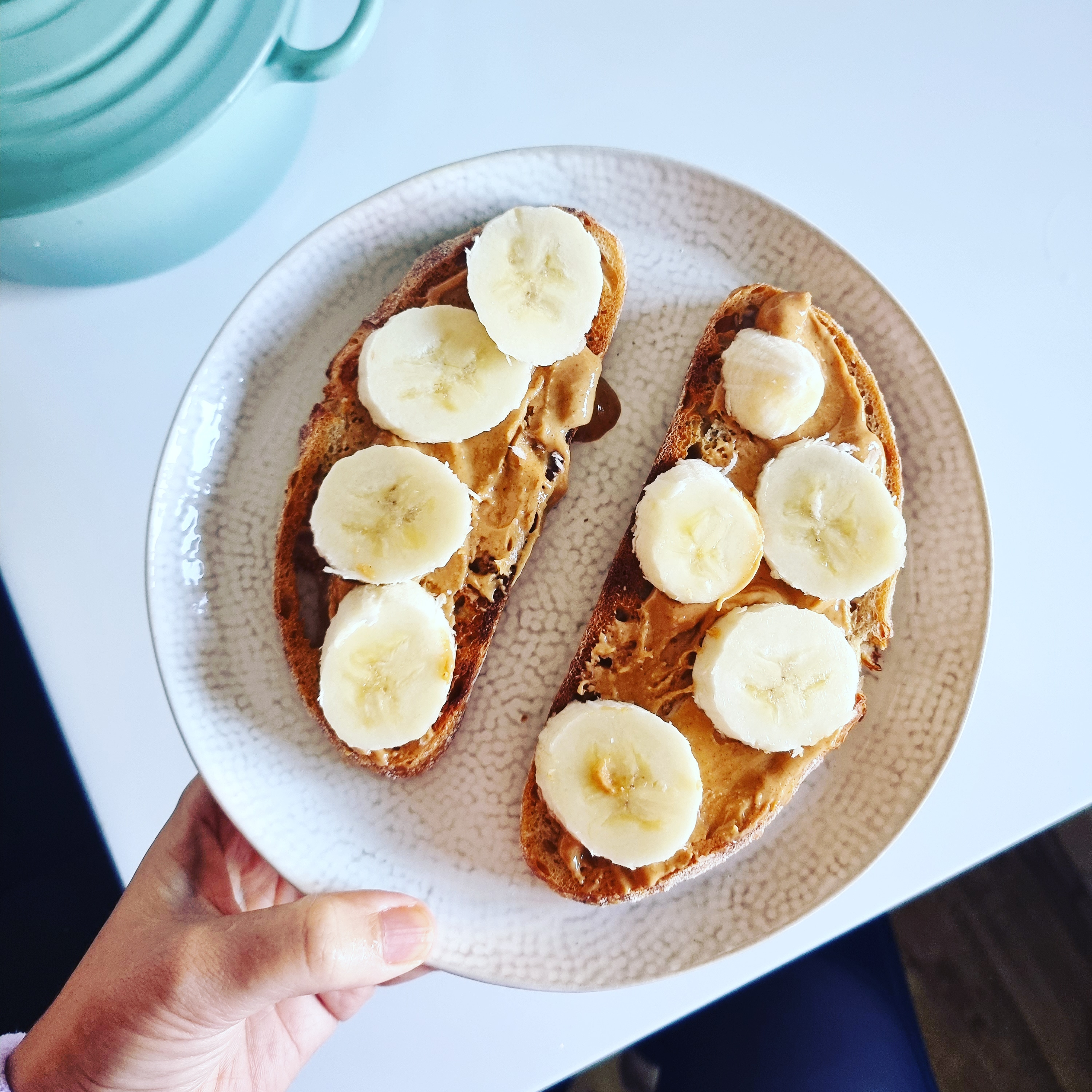


The change in the weather and the darker nights can take its toll on us, both physically and mentally. This season we might find ourselves reaching for comfort foods, and retreating inside instead of our usual summer outdoor activities. It is easy to reach for convenience and comforting foods and not take note of what we are putting into our bodies. We are only human and this happens time to time, but it can reach a point where we find ourselves with low energy and tired in the afternoon, lethargic, and just not motivated in anything.
Food is a big contributor to our energy levels. There are some small changes that we can make to what we eat during the day that can have a huge impact on our blood sugar levels. Our blood sugar levels control how much energy we have and how we are feeling as the day goes on. Huge spikes can give us this massive burst of energy to start with but we will have to deal with a significant drop in energy after. This can leave us tired, unmotivated and can contribute to low moods.
There are some small changes that we can make to what we eat during the day that can have a huge impact on our energy levels.
Protein
Eating protein with every meal will help slow down the release of blood sugars. Protein is much harder to break down so the stomach takes much longer to process the whole meal, releasing sugars in a slow steady pace. Eating protein with every meal will help to slow down digestion and release useable sugars from the meal more effectively.
Fats
Healthy fats will not only keep the body fuller for longer but will also lower the glycaemic response of the meal, absorb fat soluble nutrients and ensure the body gets the adequate intake of essential fatty acids that it needs daily.
Oily fish
Eating oily fish at least 3 times a week will increase the intake of Omega 3 fatty acids which are associated with improved insulin production, utilisation and productivity.
Fibre
Fibre helps to slow down digestion because it’s harder for the stomach to break down. Slower digestion means the body doesn’t absorb sugar as quickly, reducing the likelihood of blood sugar spikes and helping keep blood sugar levels stable. Fibre is found in fruit, vegetables, and in whole grains.
Eat regularly
Spacing out meals, and eating regularly will keep your blood sugars running at a consistent level during the day without crashing and reaching for a sugar fix.
Breakfast
Starting the day with breakfast will help to regulate blood sugar metabolism, it may result in improved insulin resistance and better blood sugar control throughout the day.
Vitamin D
Low levels of vitamin D have been shown to cause fatigue and low mood. During the darker months when daylight is limited it is important to get outside when you can whilst its light and take a vitamin D supplement.




Newsletter
Subscribe below now to get my monthly newsletter.